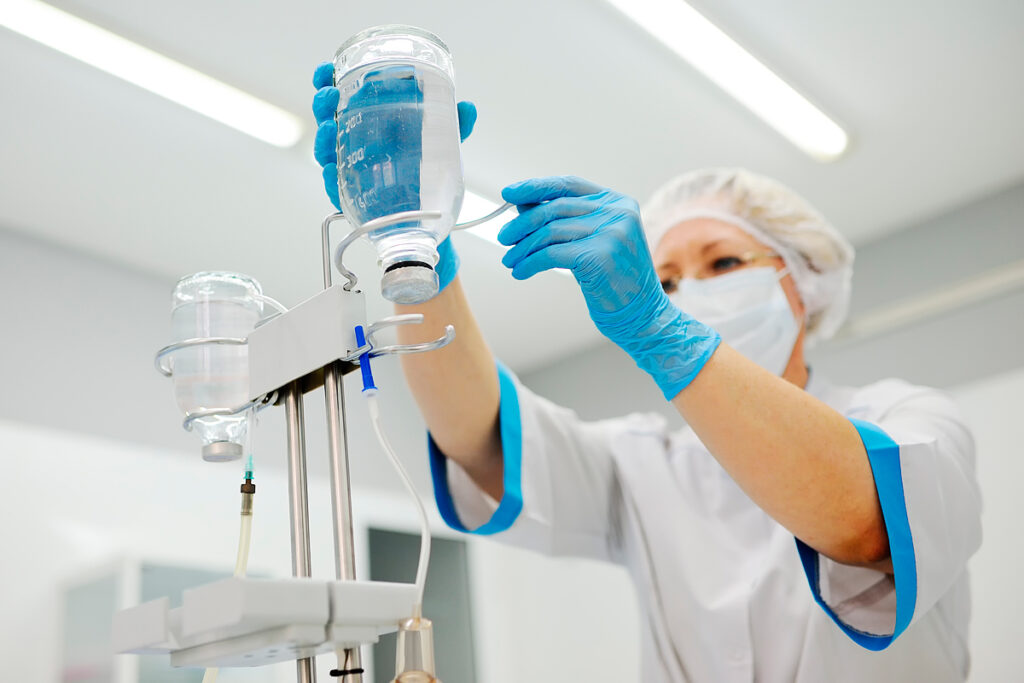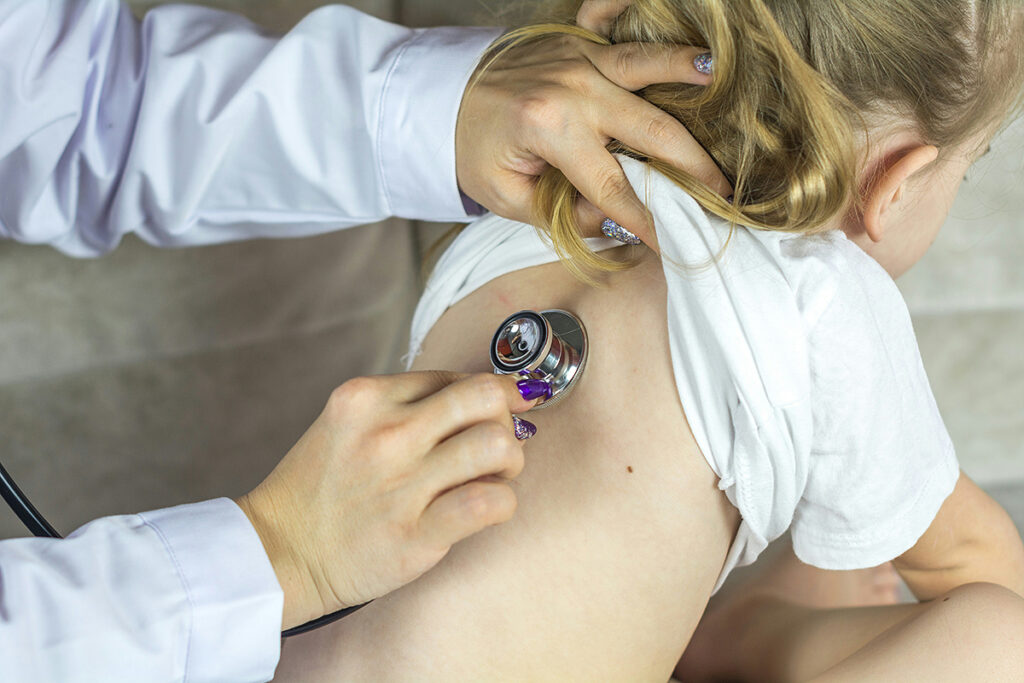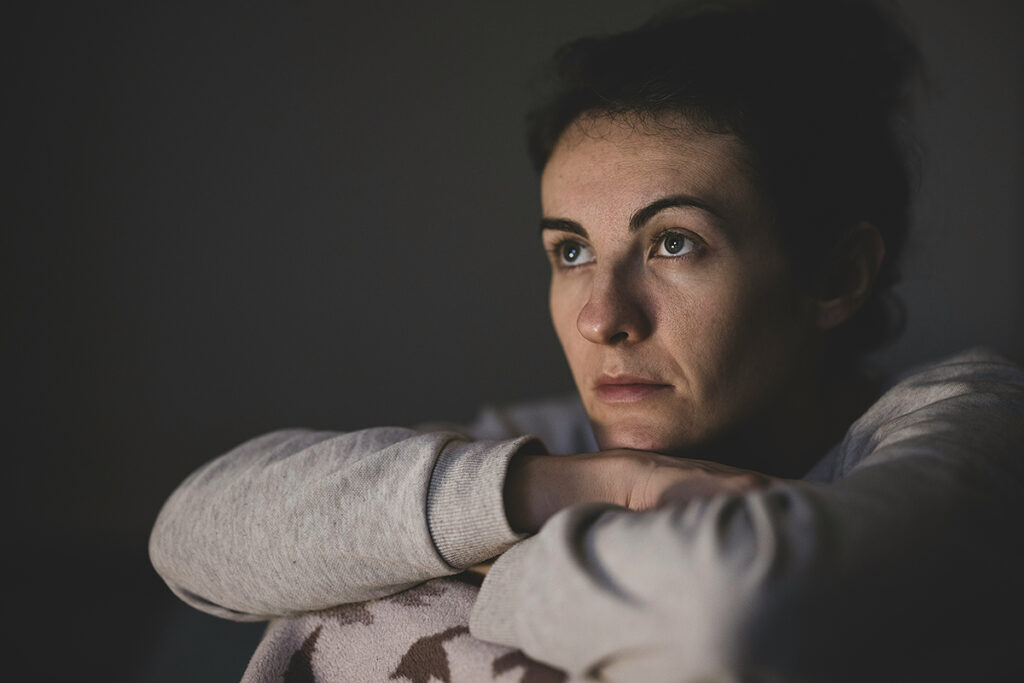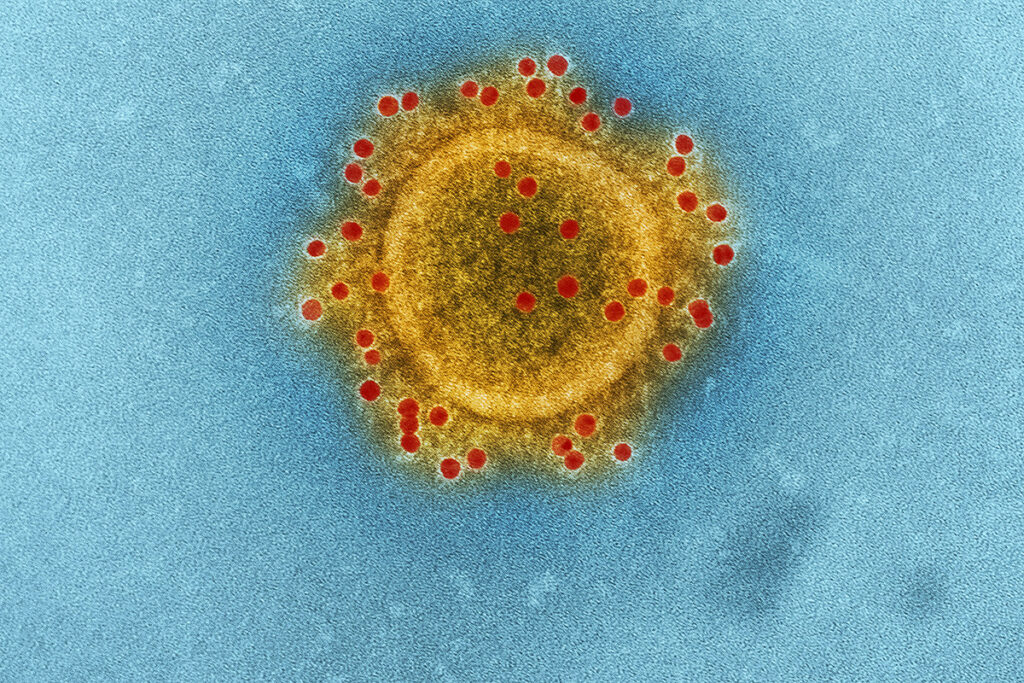At the end of 2020, new coronavirus strains appeared, which caused concern to doctors with their increased contagiousness and ability to evade neutralizing antibodies. The strain from the UK (B. 1.1.7), the South African strain (B. 1. 351), the Brazilian strain (P. 1) became dominant in their regions and spread around the world. Immunity after suffering COVID-19 may no longer have provided the necessary protection. The scientific community was faced with the question: are existing vaccines effective against new strains of coronavirus? In addition, people who had suffered COVID-19 were excluded from the trials of the third phase of vaccines. The reaction of these people to vaccination also remained unknown.
In April 2021, scientists from leading universities in the UK eliminated this knowledge gap. After the first dose of the vaccine, scientists compared T-and B-cell immunity in people who have had COVID-19 and have never had a coronavirus infection. Scientists were interested in additional protection against new coronavirus strains in the context of a previously transmitted disease.
Experts have found that a single vaccination of people who have previously undergone COVID-19 gives maximum immune protection against new strains. These people also produced tens of times more neutralizing antibodies to Wuhan SARS-CoV-2 than people who had never had COVID-19 after two doses of the vaccine.
Research design
The study involved 51 people from the number of medical professionals in the UK. 25 people were sick with COVID-19, and the average time after infection was 39 weeks.
26 people have never had a coronavirus infection. To maintain the purity of the study, they were tested for the presence of antibodies to SARS-CoV-2 42 weeks before vaccination, then 28-30 weeks, and 16-18 weeks.
Each of the study participants received one dose of the Pfizer / BioNTech vaccine (30 mcg). 22 days after vaccination, all participants were analyzed for T-and B-cell immunity and the titer of antibodies to the British strain of coronavirus, South African and Wuhan, where the pandemic started.
Study results
Most people who were not sick with COVID-19 were not protected from new strains after the first dose of the vaccine. Only 2 out of 20 people developed neutralizing antibodies to the British strain. Moreover, 3 out of 20 have a South African strain. Moreover, on the 22nd day after vaccination, the titer of neutralizing antibodies was below the protective threshold of 100 U/ml, the average value was 37, the range was from 0 to 184. T-cell immunity to the Wuhan strain of the virus was formed in 70% of this group of people (16 out of 23).
On the contrary, almost all recovered patients had a solid response for neutralizing antibodies. Against the British strain – 24 out of 24. Against the South African strain-23 out of 24. Moreover, the average level of neutralizing activity of antibodies was higher than in the first group: for the British strain – 46 times (the average value is 1717, the range is from 50 to 4919), and for the South African – 63 times (the average value is 5451, the range is from 41 to 20 411). The neutralizing activity of antibodies for the Wuhan strain in this group was even higher: the average value was 25,273, the range was from 581 to 76,369. That is 43 times higher than the values recorded after two vaccine doses in the first phase trial. T-cell immunity was formed in 96% of people from the group of COVID-19 patients (22 out of 23). Moreover, the value of the T-cell response was 4 times greater than in the group of those who were not ill.
The analysis of B-cell immunity showed a similar trend. In 20 out of 22 people who have never had COVID-19, among the memory B cells, there were 0.02% – 1.54% of cells that produce IgG+ antibodies to the spike receptor-binding domain of SARS-CoV-2. In patients with COVID-19, vaccination increased these cells by about 63 times – up to 1.9% – 50%.
More B-cells were present in patients with COVID-19 with symptoms than in people with mild or asymptomatic forms.
Conclusions
The previous SARS-CoV-2 infection has a stimulating effect with a single vaccination. The stimulating effect is more noticeable in B-cell responses than in T-cell responses. The second dose of the vaccine for those who have been ill does not provide additional advantages compared to the first dose.
Experts are concerned that 90% of those who have never been ill with COVID-19 are not protected from new strains with a single vaccination. It is also possible that people who have been sick but not vaccinated are also poorly protected.
The vaccination scheme adopted in the UK is of concern. The first dose of the vaccine covers the maximum number of the population, but at the expense of increasing the period before the second vaccination to 12 weeks. In this case, people who have already suffered COVID-19 are best protected. However, people who have never had a coronavirus infection are not sufficiently protected.
Source
Prior SARS-CoV-2 infection rescues B and T cell responses to variants after first vaccine dose



